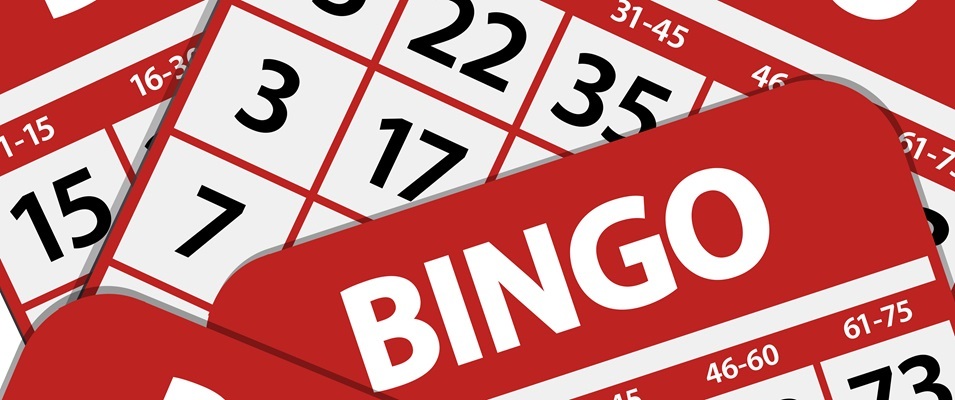
Update: In the early morning hours, a tentative deal has been reached between the province and the unions representing the affected healthcare workers to avert a strike.
At 6:00 a.m. on Tuesday, October 8, thousands of residents across Manitoba could feel the impact of a widespread strike by healthcare workers.
This includes homecare providers, healthcare aides, ward clerks, and those providing laundry, dietary, and recreation services as well as other healthcare support work in hospitals and personal care homes.
In total, 25,000 workers will go on strike if a deal isn’t reached between the union and Shared Health.
The strike would result in a 30 percent cut in homecare services, a 25 to 50 percent drop in clerical services, and five to ten percent cut in healthcare aide work.
The workers are represented by the Manitoba Government and General Employees’ Union (MGEU) and the Canadian Union of Public Employees (CUPE).
According to MGEU president Kyle Ross, union members voted against the province’s proposed wage increase this past August, an offer well below the ones workers had anticipated. The offer hasn’t been significantly changed in the intervening time.
“We know that if a strike happens, it’s going to be very impactful on Manitobans, for their loved ones, for everyone,” Ross says. “We will put every effort in to try and avoid it, but it’s really not in our control. The government and this employer need to show up with a real offer that shows the respect these workers deserve.”
It’s been just over four years since the last deal was ratified between these healthcare workers and Shared Health. Their previous agreement expired in March 2024.
While Ross says that seven months isn’t a long time in terms of bargaining, there is an imperative to get deals in place quickly for those who provide such essential services to Manitobans, especially in light of the province’s current healthcare crisis and the increased cost of living.
“Their jobs are no longer competitive in the market,” Ross says. “When the starting wage is $17.07, there’s plenty of other jobs that can be found that pay better. These jobs used to be the cornerstone of many communities. But right now people are looking elsewhere.”
For many healthcare workers, Ross says, the payrate barely exceeds Manitoba’s minimum wage, causing them to work more than one job just to make ends meet.
“We’ve had a time of high inflation now, so these workers are really feeling the pressure,” he explains. “Many of them have multiple jobs. I don’t think a worker in healthcare should be working multiple jobs to support themselves and their families.”
In the end, he contends that a worker’s pay should match the demand placed on them by the job.
“Working in healthcare is not an easy job,” Ross says. “There’s more risks involved and there’s more expectations. You’re working with sick people. You have to do your job well because you could hinder someone’s recovery or even hinder their lifestyle if they’re in a care home facility.”
As well, many of these healthcare providers have had to take on additional hours to help fill gaps due to worker shortages.
Still, their wages remain the same as they’ve been for the past five years.
Ross hasn’t provided details of the negotiations but says that workers would likely be prepared to settle for a deal that brings them more in line with other healthcare workers, such as nurses.
Due to provincial law, essential services will remain intact throughout any strike. However, Manitobans can expect to see reductions to some homecare services.
As well, staffing shortages in hospitals and care homes could result in the temporary loss of non-essential services, or longer wait times.
Clients who receive home visits have been notified that their services may be postponed or cancelled in the event of a strike action.
It is hoped that families and caregivers will be able to step in, where needed, to bridge the gaps.



















